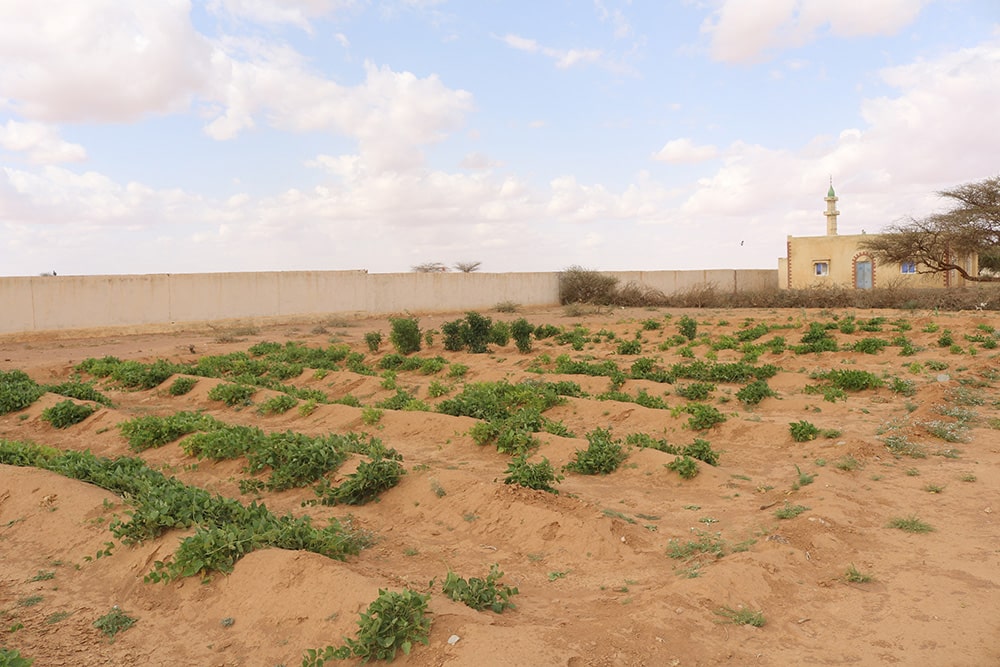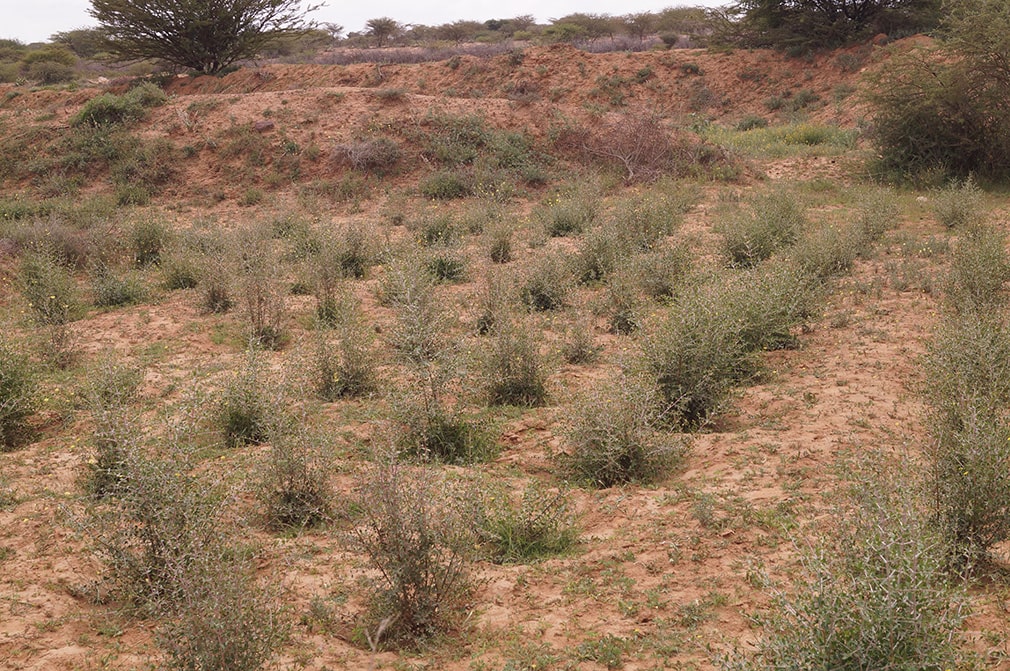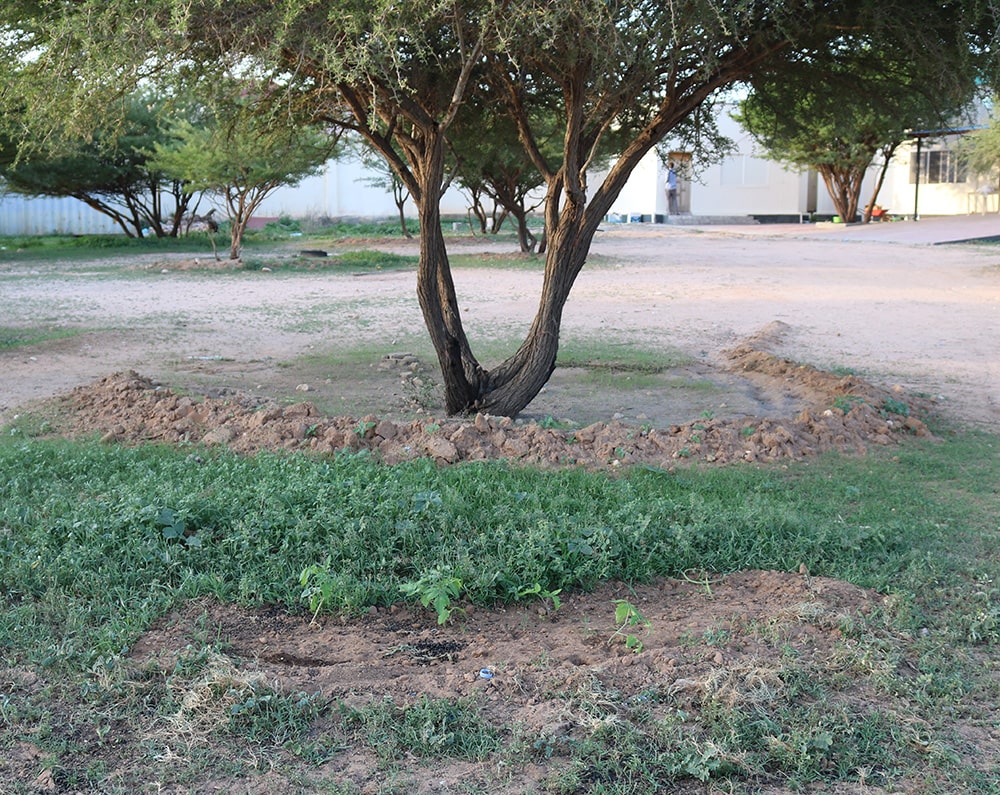Improving Livelihoods
Many native trees and shrubs are potential sources of food and/or income, but they are rarely grown for this purpose. The Foundation’s initial activity in this area will focus on identifying species used for food, medicine, or other purposes.

Growing food
Some in Somaliland accommodate boarders, students who stay in dormitories and attend school rather than following the family’s livestock. Such schools often involve the students in growing food crops. This reduces the amount parents need to be charged. The productivity of such small gardens depends, in part, on the soil’s fertility and, if the plants are being grown for their fruits or seeds, the presence of pollinators. The Foundation will train teachers in methods of increasing the productivity of these gardens by improving the soil and the abundance of pollinators.

Growing income
Some native tree and shrubs can be sources of income. Frankincense is Somaliland’s most valuable species in this respect, but many others have some market value. Despite this, few are grown commercially. One difficulty is that they take several years to grow, making land ownership a concern, one the Foundation cannot address. Problems it can help with are sharing information about species of potential value, their care, and market.

Not just a tree
There is a lot of emphasis on planting trees in Somaliland (including by the Foundation). The area immediately around a tree can be used to grow a food plants such as onions and tomatoes. Unless the trees are part of a plantation, the amount of food produced will not be enough to support a family, but they might add nutritional value to the family’s diet and help improve the soil under the tree.